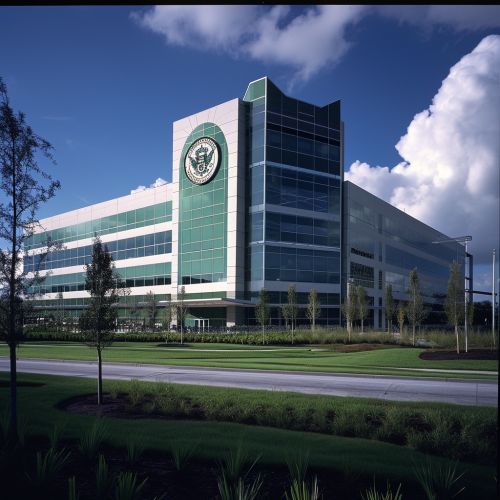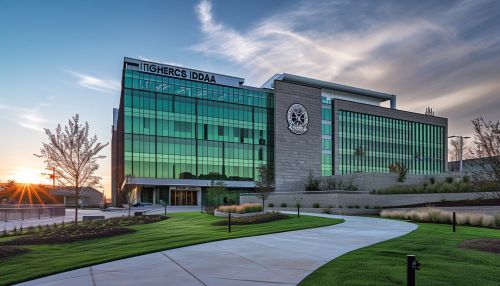Drug Enforcement Administration
Overview
The Drug Enforcement Administration (DEA) is a federal law enforcement agency under the United States Department of Justice. The DEA is tasked with combating drug trafficking and distribution within the U.S. It is the lead agency for domestic enforcement of the Controlled Substances Act, overseeing all criminal and significant civil enforcement efforts involving controlled substances.


History
The DEA was established on July 1, 1973, by President Richard Nixon, who wanted to consolidate several drug agencies into a single government entity to combat an "all-out global war on the drug menace". Prior to the establishment of the DEA, enforcement of drug-related laws was divided among a number of agencies, including the Bureau of Narcotics and Dangerous Drugs (BNDD), the Office of Drug Abuse Law Enforcement (ODALE), and others.
Structure and Organization
The DEA is headed by an Administrator of Drug Enforcement appointed by the President of the United States and confirmed by the Senate. The Administrator is assisted by a Deputy Administrator, the Chief of Operations, the Chief Inspector, and several assistant administrators overseeing various offices within the DEA.
Operations
The DEA conducts operations throughout the United States and in many foreign countries. It uses a variety of investigative techniques to disrupt and dismantle drug trafficking organizations, ranging from surveillance to undercover operations. The DEA also works closely with state, local, and tribal law enforcement agencies through its High Intensity Drug Trafficking Areas (HIDTA) program and its Drug Enforcement Task Forces (DETFs).
Training and Equipment
DEA agents undergo rigorous training at the DEA's Training Academy in Quantico, Virginia. They are trained in a variety of skills, including surveillance, firearms, and defensive tactics. Agents are also trained to handle a variety of equipment, including firearms, surveillance equipment, and vehicles.
Criticisms and Controversies
The DEA has been the subject of numerous criticisms and controversies throughout its history. These have ranged from allegations of corruption and misconduct, to debates over the agency's role in enforcing drug laws, to criticisms of its tactics and strategies.
